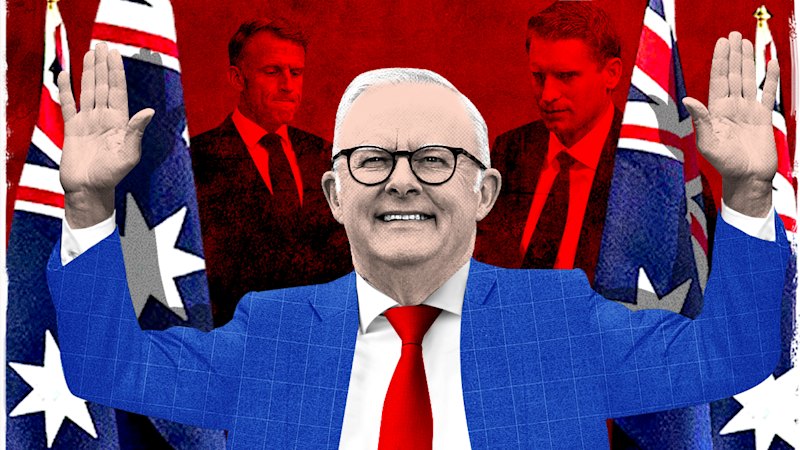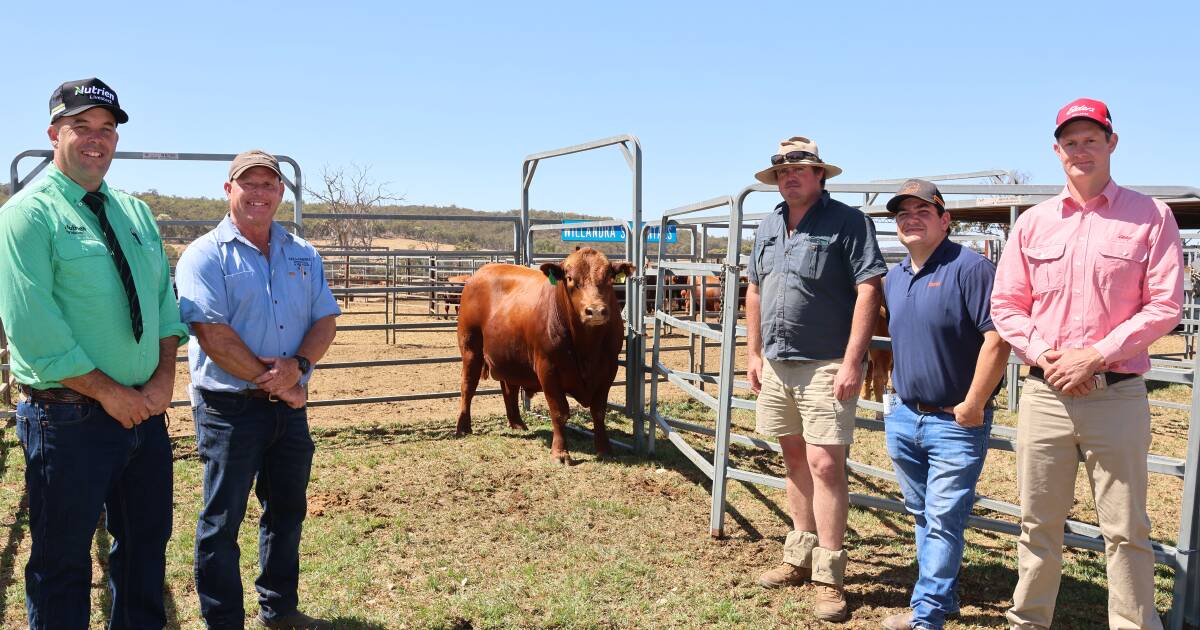
As conservative movements gain momentum across Europe, the Australian Liberal Party is experiencing internal tensions regarding its response to these shifts. Following the return of a group of women and children, often referred to as ISIS brides, from Syria, significant disagreements have emerged between prominent party figures.
Michaelia Cash, the opposition foreign affairs spokeswoman, has been vocal about the government’s handling of the situation. During Senate estimates in Canberra on October 3, 2023, she questioned officials on the specifics of the government’s involvement in facilitating the return of these individuals. Cash highlighted that the government had previously dismissed reports of their arrival as “not accurate,” which she deemed a cover-up. She stated, “It is an absolute disgrace that the Albanese government refuses to give the most basic details about the return to Australia of this cohort.”
Opposition Leader Sussan Ley redirected the focus during question time to the Optus Triple Zero scandal, missing an opportunity to challenge Prime Minister Anthony Albanese on national security issues. This shift reflects broader challenges the Coalition faces in presenting a unified front on critical matters.
The internal conflict deepened when Andrew Hastie, who recently resigned as shadow home affairs spokesman, expressed concerns about his diminishing influence over immigration policy under Ley’s new shadow ministerial arrangements. Hastie, a former special forces soldier and a figure discussed as a potential future leader of the Liberals, stated, “I think the centre-right as a movement is fractured at the moment.” He emphasized the need for the Liberal Party to reconnect with its base, particularly those who feel left behind by current government policies.
Hastie’s resignation coincides with increasing support for populist parties in Australia and abroad. His comments resonate with the sentiment that similar movements in Europe, such as the rise of the far-right National Rally in France and the Alternative for Germany, underscore a shift in political landscapes.
In the UK, the Brexit referendum and its aftermath have illuminated the complexities of immigration debates and their impact on political fortunes. The latest YouGov poll indicates that the Reform Party, led by Nigel Farage, is poised to win a significant number of seats, leaving the Conservative Party struggling to maintain its relevance.
In Australia, the Liberals are divided on how to respond to these trends. Moderates like Andrew Bragg advocate for a centrist approach, seeking to appeal to migrant communities, while others, including Hastie and Jacinta Price, argue for a more populist stance that addresses voter frustrations over immigration levels.
As the Liberal Party grapples with its identity and direction, the government’s handling of immigration issues could prove pivotal. With Albanese enjoying a relatively stable approval rating, the onus is on the opposition to present a cohesive alternative.
Liberal MP Mary Aldred has warned her colleagues that continuous infighting could jeopardize their status as a credible governing party. Historically, political parties have shown resilience, but they can also quickly fade into irrelevance if they fail to adapt to changing voter sentiments.
As the political landscape evolves, the Liberal Party’s response to both domestic and international pressures will be closely monitored. The ongoing struggle to define modern conservatism in Australia may ultimately determine its electoral viability in the years to come.





